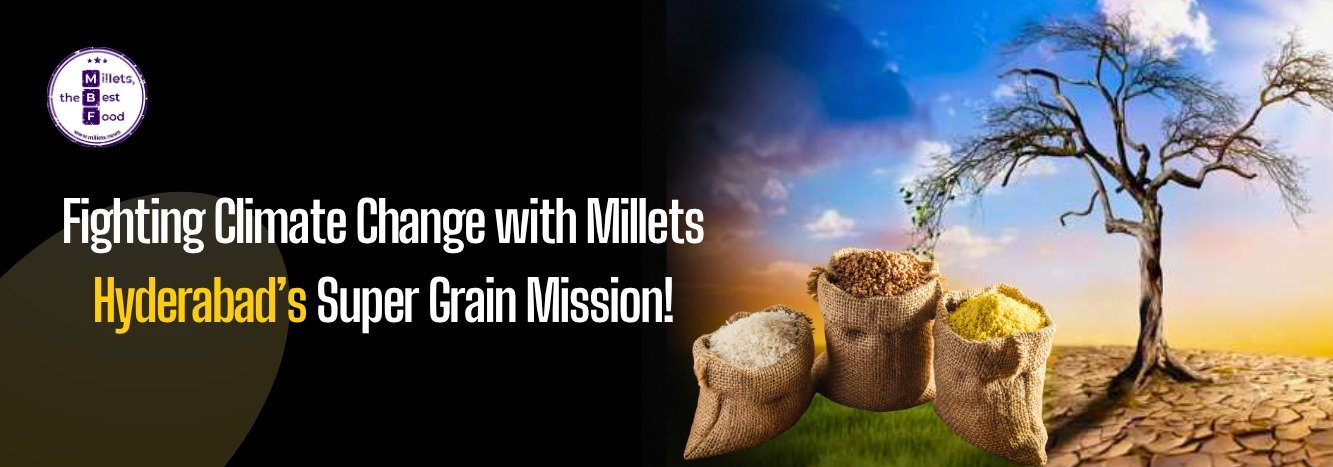
The University of Hyderabad (UoH) has launched a groundbreaking research initiative focused on identifying and improving climate-resilient crops—commonly known as “super grains”—to address food security challenges in the face of global warming.
As climate change continues to impact agricultural productivity, UoH scientists are turning to traditional grains like millets, sorghum, and barley for their ability to thrive in harsh, dry, and nutrient-poor conditions. These grains, once considered staple foods in India, are now gaining renewed interest for their resilience and nutritional value.
Leading this research is a team from UoH’s Department of Plant Sciences, working in collaboration with national and international agricultural institutes. The project involves studying the genetics, physiology, and stress-tolerance traits of these hardy crops to develop varieties that can adapt to extreme weather, including heatwaves and droughts.
“Our goal is to make agriculture more sustainable and secure by reintroducing and enhancing grains that are naturally adapted to India’s changing climate,” said a senior scientist involved in the study.
The research also focuses on boosting public awareness and encouraging the adoption of millets in regular diets, given their high fiber content, rich mineral profile, and low water requirement for cultivation.
This initiative aligns with India’s larger mission to promote millets under the International Year of Millets and to make the country a global hub for climate-smart food systems.
© 2023 - 2026 Millets News. All rights reserved.